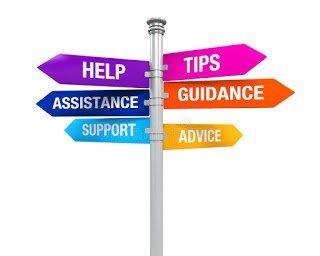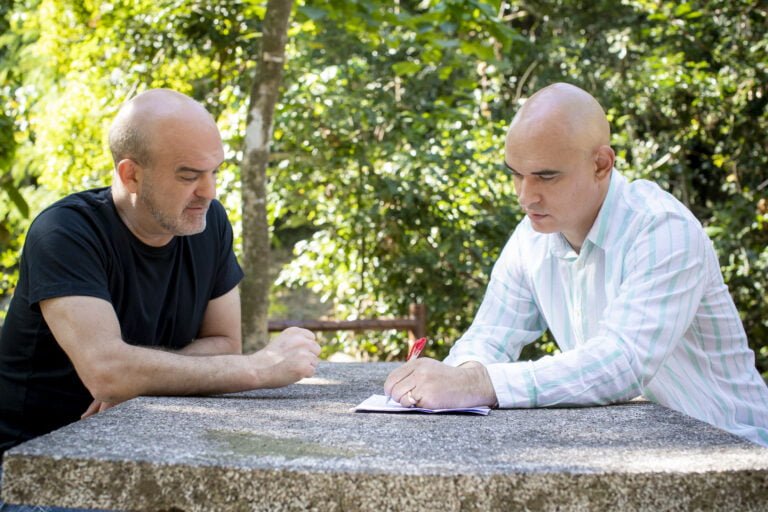6-Week Recovery Wellness Program :
Our Recovery Wellness Program is divided into three core areas :
- Week 1 | Spiritual Principles and Values
- Week 2 | The Brain and the Mind
- Week 3 | Growth and Community
Spiritual principles and values transcend specific religious doctrines, offering a framework for personal growth and connection to something larger than oneself. These principles often emphasize qualities like compassion, forgiveness, gratitude, and service to others. They encourage introspection, seeking meaning and purpose in life, and living in harmony with the world around us. By integrating these values into daily life, individuals can cultivate inner peace, build stronger relationships, and find deeper meaning in their existence.
In the context of addiction recovery, understanding the intricate relationship between the brain and the mind is crucial. The program delves into the neurological adaptations caused by addiction, exploring how substance use alters brain chemistry and functioning. This knowledge empowers individuals to recognize the biological underpinnings of cravings and triggers, fostering self-compassion and reducing feelings of shame or blame. Additionally, the program emphasizes the role of the mind in shaping recovery. Participants learn about cognitive-behavioral therapy (CBT) and other techniques to challenge negative thought patterns, develop healthy coping mechanisms, and cultivate resilience in the face of challenges. By integrating this understanding of the brain-mind connection, the program equips individuals with the tools they need to not only manage cravings but also build a sustainable foundation for long-term recovery and overall well-being.
Fostering individual growth and cultivating a supportive community are central pillars of this recovery wellness program. Participants embark on a journey of self-discovery, exploring their strengths, values, and personal goals for a fulfilling life beyond addiction. Through individual reflection, group discussions, and creative activities, individuals gain a deeper understanding of themselves and develop the confidence to navigate challenges and make positive choices. The program also emphasizes the importance of building a supportive community. By connecting with peers who share similar experiences and challenges, participants find solace, encouragement, and a sense of belonging. This sense of community fosters accountability, reduces feelings of isolation, and provides a safe space for sharing experiences, offering support, and celebrating each other’s successes. This combined focus on individual growth and community building empowers individuals to not only achieve lasting recovery but also thrive in their personal and social lives.

Fundamental Aspects of 6-Week Recovery Wellness Program :
Our program is forward focused, solution-driven and addresses fundamental aspects like:
- Substance abuse management and relapse prevention
- Personal stress and professional stress management
- Work-life balance and mental/physical fatigue and burnout.
This Wellness Program is a 6-week outpatient program that is forward-focused, solution-driven. It addresses fundamental aspects of addictive behaviors, relapse prevention, personal stress and professional stress management, work-life balance, mental, physical, and holistic well-being. There is an educational element to our Wellness Program that supports clients in better understanding and managing their recovery. Education also allows clients to learn new tools, boundaries, and skills that will empower them. By being responsible for their personal development, clients will be better equipped to manage their recovery and lead a life free from addictive behaviors.
Types of Therapy in a 6-Week Recovery Wellness Program:
A comprehensive recovery wellness program typically incorporates various therapeutic approaches to provide well-rounded support for individuals overcoming addiction. Some common types of therapy sessions that may be included are:
Individual Counseling: Participants engage in one-on-one sessions with a licensed therapist to address personal challenges related to their addiction, trauma, and emotional well-being. These sessions allow for personalized support and guidance tailored to each individual’s unique circumstances and needs.
Group Therapy: Facilitated group sessions create a safe and supportive environment where participants can share their experiences, insights, and struggles with others who understand what they are going through. Group therapy provides an opportunity to discuss coping strategies, relapse prevention techniques, and emotional challenges, while also fostering a sense of community and mutual understanding.
Cognitive Behavioral Therapy (CBT): This structured therapeutic approach helps individuals identify and modify negative thought patterns and behaviors that are associated with their addiction. By promoting healthier thinking and coping mechanisms, CBT aims to break the cycle of addiction and support long-term recovery.
Acceptance and Commitment Therapy (ACT): ACT encourages individuals to accept their thoughts and feelings as they are, rather than struggling against them. This therapy emphasizes the importance of identifying and committing to personal values, and taking meaningful actions that align with those values. By promoting acceptance and commitment, ACT can help individuals find purpose and direction in their recovery journey.
Family Therapy: Involving family members in therapy sessions provides an opportunity to address familial dynamics that may have contributed to or been impacted by the individual’s addiction. Family therapy aims to improve communication, strengthen support systems within the family, and promote healing and growth for all members.
Psychoeducation: Educational sessions provide participants with essential information about addiction, its causes, effects, and the recovery process. By gaining a deeper understanding of addiction, individuals can make more informed choices about their recovery journey and feel empowered to take control of their lives.
Mindfulness and Meditation: These practices are often incorporated into group therapy sessions to help participants develop greater self-awareness and emotional regulation skills. Mindfulness techniques can help individuals manage stress, cope with cravings, and improve their overall well-being.
12-Step Facilitation: This approach introduces elements of the 12-step recovery model, encouraging participants to connect with a supportive community and share their experiences in a structured format. By incorporating 12-step principles, individuals can benefit from the wisdom and support of others who have walked a similar path.
Clients will get a handbook and they are expected to complete the assignments, watch videos and talks, and do other daily maintenance activities to help strengthen and assist in their recovery.
For more information please contact us.
- Different Types of Addiction
- Support Network In Recovery From Addiction
- Effective Treatment for Addictive Behaviours
- Cognitive Behavioural Therapy For Addiction
- Setting Realistic And Reachable Wellness Goals In Recovery
- How Addiction Affects Families
- Sober Curious: A Movement For Change
- The Five Rules Of Recovery
- What Is Acceptance and Commitment Therapy?
- Mental Health 102: Understanding Depression
- Unpacking Wine Mom Culture
- The Dangers of Addiction Replacement
- Nurtured By Nature: Nature In Addiction Recovery
- The 12 Steps For Atheists
- A Deeper Look Into Dual Diagnosis
- Financial Wellness in Addiction Recovery
- How Does Stress Affect Addiction?
- Mental Health 101: Understanding Anxiety Disorders
- Talking About Marijuana Use Disorder
- Yoga Practices in Addiction Recovery
















